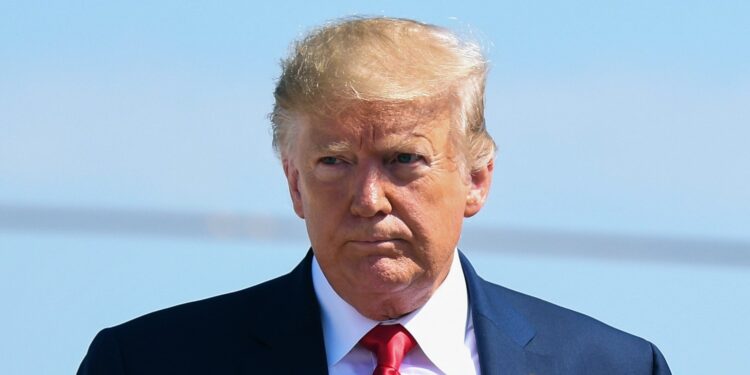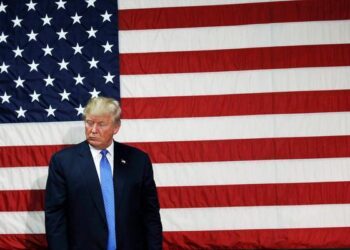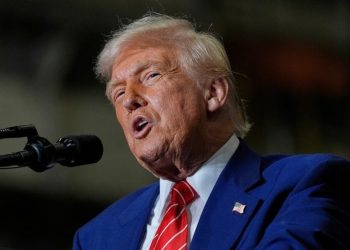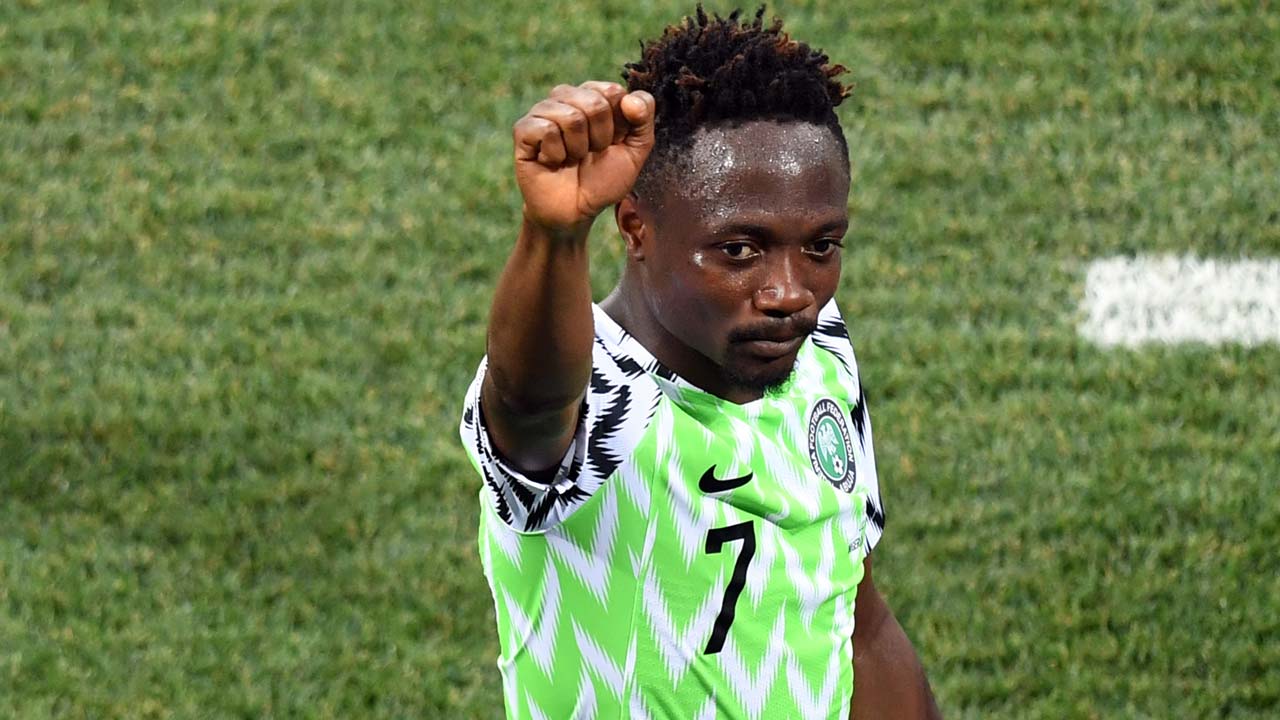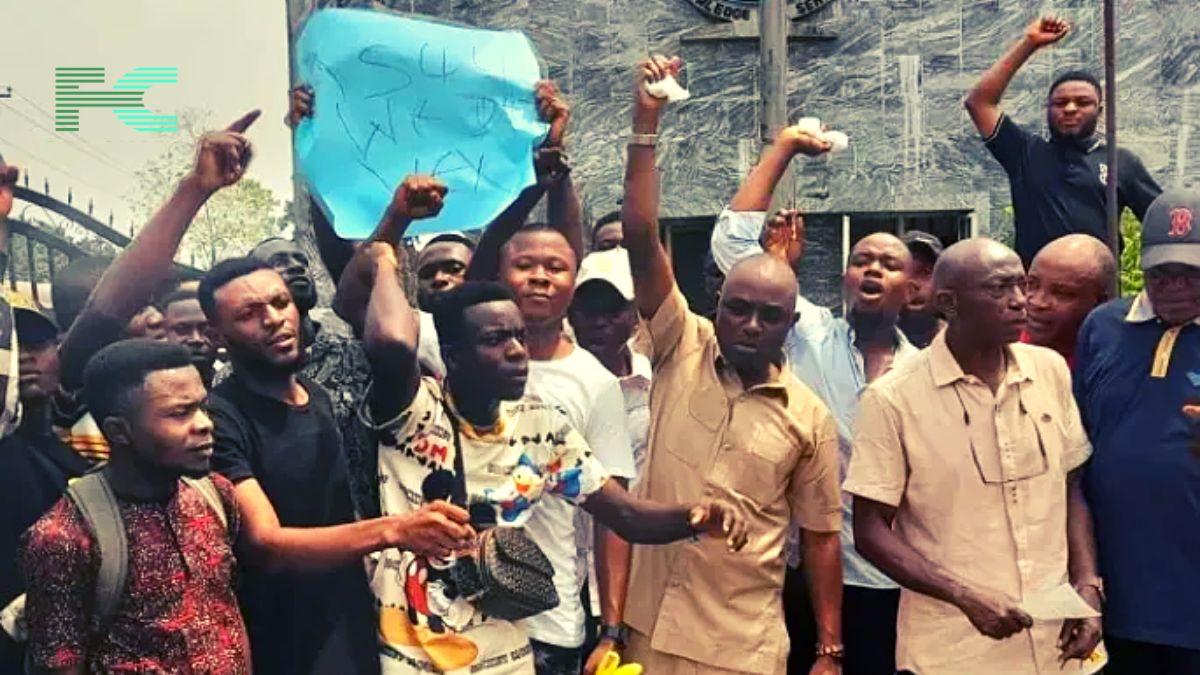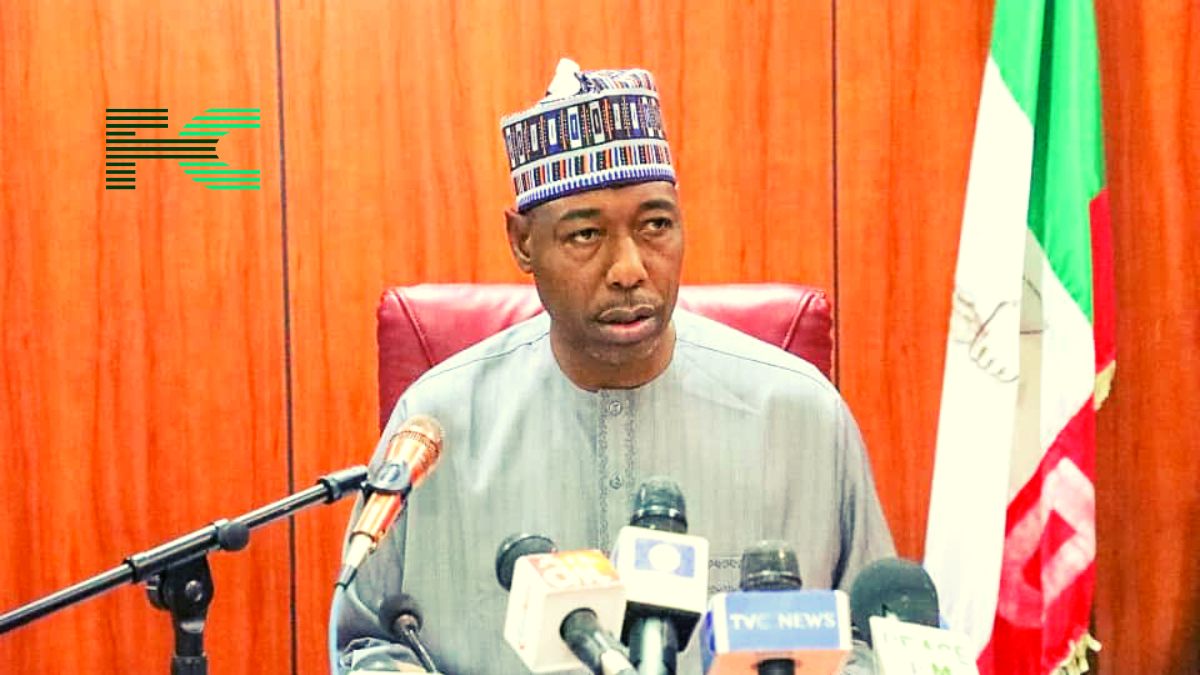The controversy over Donald Trump and the BBC has intensified, and the world is watching closely as BBC Retaliates After Trump Accuses Network of ‘Cheating’. The network is now firmly defending itself after the former US president threatened a multi-billion-dollar lawsuit over claims that a programme misrepresented his words. This situation is not just legal, it has become a clash of media credibility, politics, and public trust.
Trump’s Billion-Dollar Threat
Trump made it clear he intends to hold the BBC accountable. He claimed the broadcaster “cheated” by editing a speech to make it look like he incited violence before the January 6 Capitol attack. While the BBC issued an apology, it refused to pay damages. Trump’s insistence on pursuing a lawsuit of up to $5 billion shows he is taking this personally, and his team has made clear the matter will not be quietly dropped.
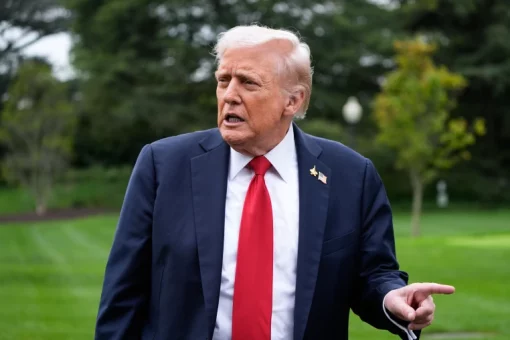
For many, this is an example of how a high-profile figure uses the courts to push back against media scrutiny. It also raises questions about the responsibility of large broadcasters when reporting on controversial events.
BBC’s Firm Response
BBC has not backed down. Chairman Samir Shah sent a message to staff, emphasizing that the network sees no legal basis for a defamation case and will fight any claim vigorously. His statement highlights how seriously the BBC views both its reputation and its obligations to the public.
Some persons argue that threats of lawsuits can intimidate media organizations, but Shah’s statement shows the BBC is prepared to stand its ground, even under intense political and legal pressure. This standoff also shines a light on how national and international audiences view media integrity.
The Editing Controversy
At the heart of the dispute is a segment from the flagship BBC programme “Panorama.” The broadcast allegedly edited Trump’s speech in a way that misrepresented his words. While the BBC apologized, some argue the mistake was serious enough to warrant legal action. Others see the apology as sufficient, suggesting that Trump’s response may be more about political optics than justice.
Media experts note that in journalism, errors happen, but the response, how the organization handles mistakes, determines public trust. In this case, the BBC’s decision to defend itself fully may strengthen its credibility among viewers who value independence from political influence.
Political and Diplomatic Tensions
This dispute goes beyond legal issues. It has drawn attention from both the US and UK governments, and some analysts warn it could complicate diplomatic relations. The BBC, funded by British taxpayers, also faces scrutiny from citizens who want transparency and accountability.
Trump’s threats have stirred debate about press freedom. Some argue that powerful individuals targeting media outlets could set dangerous precedents, while others believe public figures have the right to challenge perceived misinformation.
What Comes Next
The next steps remain uncertain. Legal proceedings in high-profile cases like this are often slow, and much depends on the courts’ interpretation of defamation law across countries. For now, both sides are preparing for a battle that is as much about public perception as it is about legal outcome.
Experts suggest that even if the lawsuit moves forward, the practical effect may be limited. However, the symbolic impact is large, showing that influential figures can challenge media giants, while media organizations may continue defending their reporting methods and editorial choices.
How this unfolds will not only affect the parties involved but also shape how the public views the role of media in holding leaders accountable, or defending themselves under attack.

